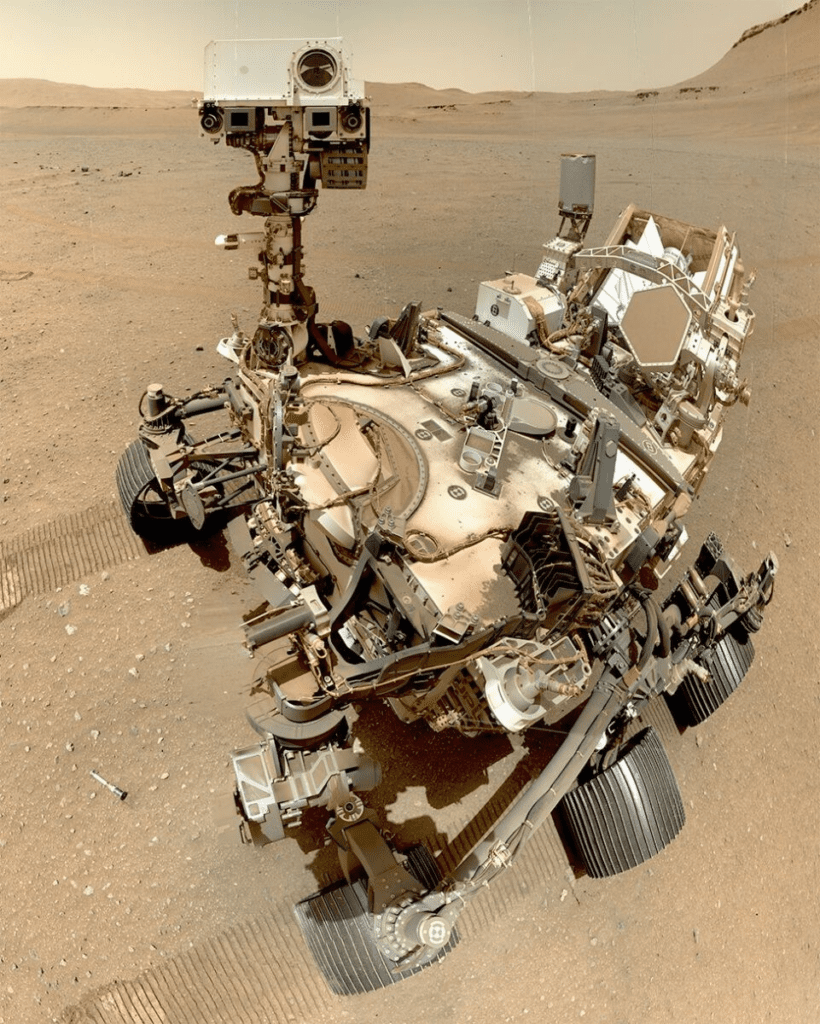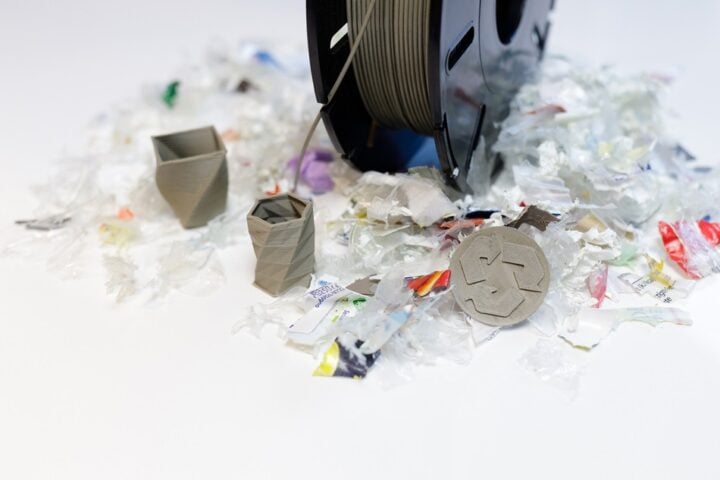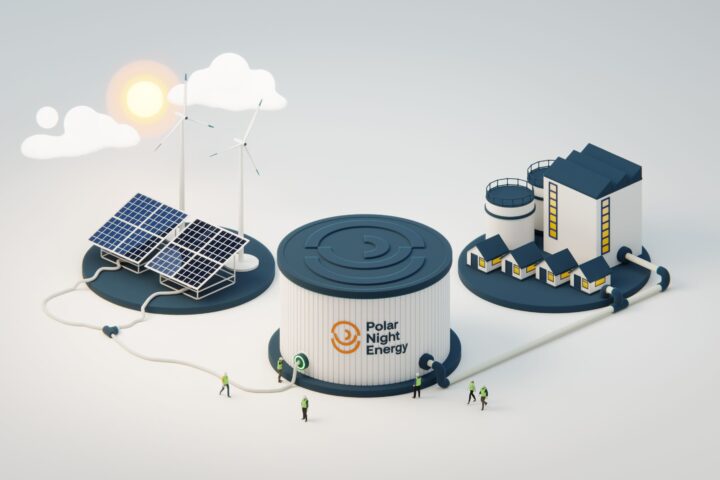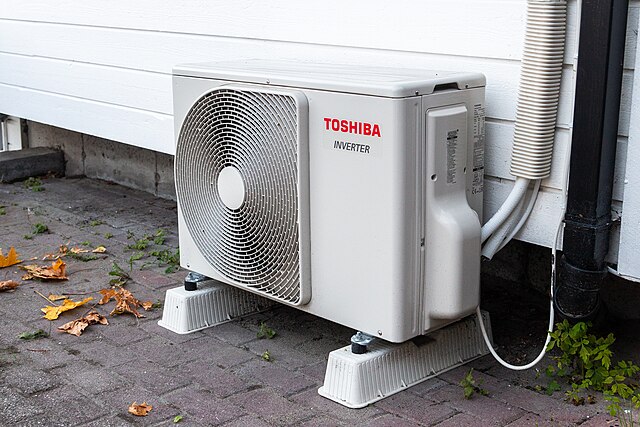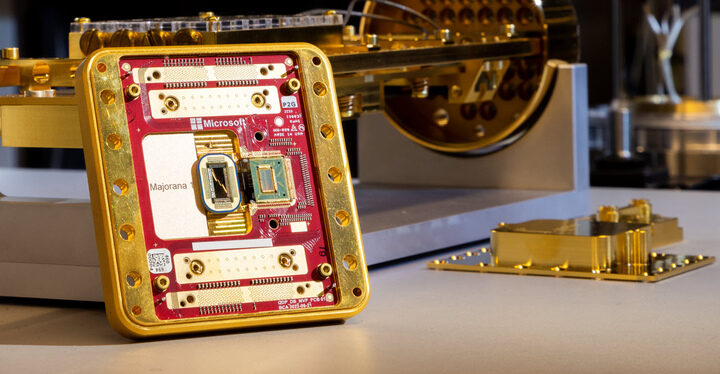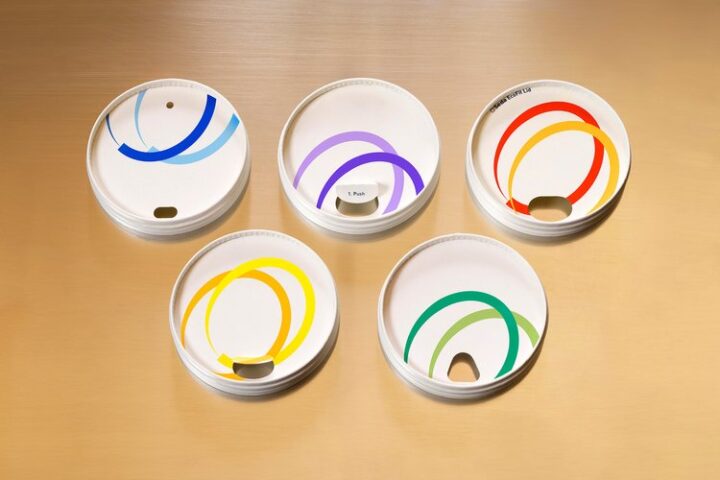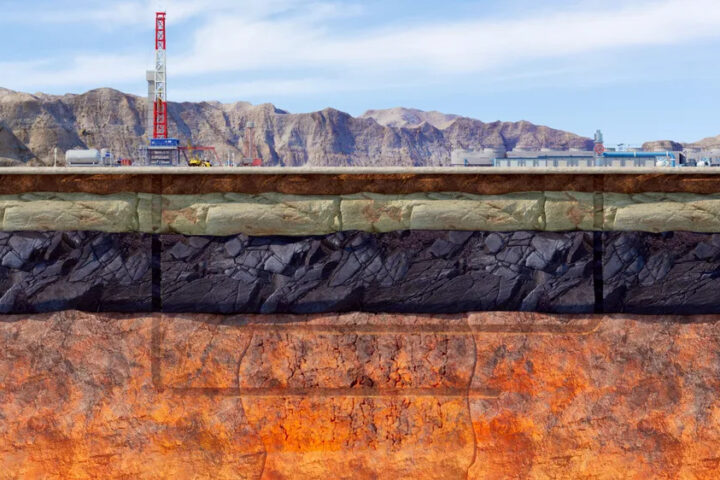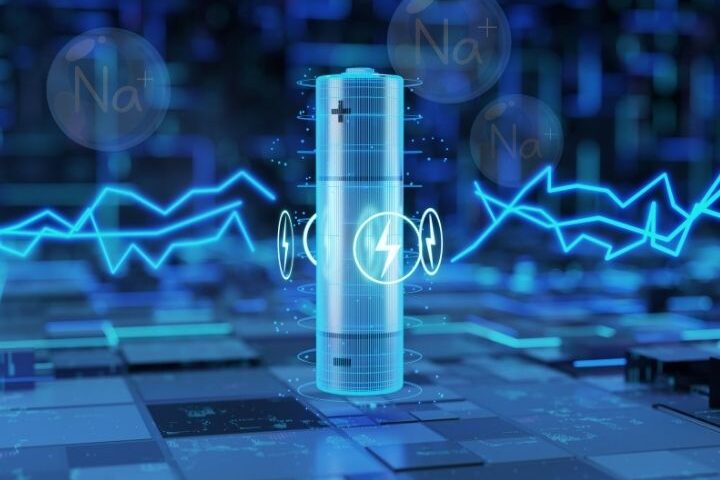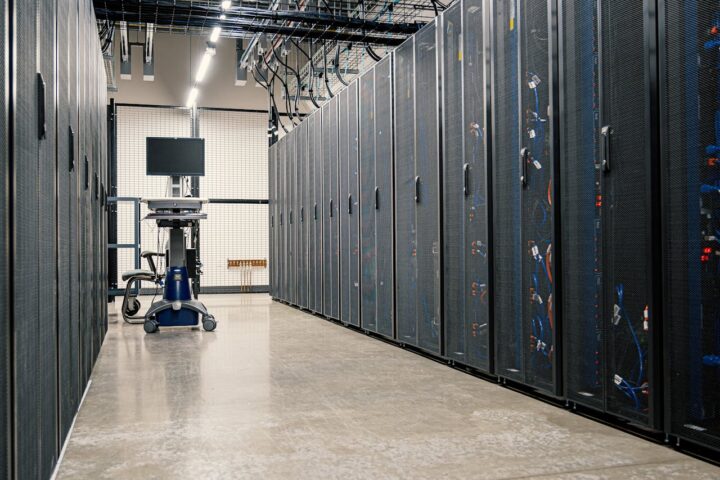Gas and oil boilers revolutionized home comfort in the 20th century, eliminating the need for coal shoveling. However, to achieve decarbonization, these boilers must be phased out. Twelve European nations are looking to eliminate fossil fuels from building heating. Air-source heat pumps, which extract ambient heat even in freezing conditions, are emerging as the top alternative to boilers. These heat pumps are more energy-efficient than traditional boilers. Yet, their adoption symbolizes the challenges of transitioning to green energy.
Replacing a gas boiler with a heat pump isn’t straightforward due to size and insulation requirements. In the UK, homeowners grapple with decisions like adding internal insulation or navigating local planning rules. Germany’s attempt to ban gas and oil boiler installations faced public backlash. Governments should streamline grant processes to encourage heat pump adoption. Skilled workers are essential for retrofitting homes with these new systems. Local municipalities, familiar with housing stocks, should be involved in transition plans.
Decarbonization efforts will be challenging, and governments must be prepared for potential backlashes. While electricity can be sourced from renewable means, heating buildings remains a challenge. Commercial and residential heating contributes to 12% of the EU’s greenhouse-gas emissions. Heat pumps, operating like reverse refrigerators, could replace a significant number of gas and oil boilers by 2030. However, they are more expensive and best suited for well-insulated buildings. Current heat pump models contain environmentally harmful gases, which may soon be banned. Germany’s initial plan to prohibit new gas-fired boilers faced political turmoil.
Similar Posts
Heat pumps operate by moving heat, making them incredibly efficient. Heat pumps can be up to 400% efficient, while gas boilers reach only 90%. However, many heat pumps use HFCs, strong greenhouse gases. The EU’s plan to replace HFCs by 2027 has faced disagreements among member states. Propane, with a low global-warming effect, is a potential alternative to HFCs. However, propane’s flammability presents challenges for heat pump design. Rapid HFC phase-out could hinder heat pump deployment, according to the European Heat Pump Association. Some manufacturers have already introduced propane-filled heat pumps. These systems can potentially eliminate the need for additional insulation or underfloor heating.
Heat pumps outsold gas furnaces in the U.S. last year, partly due to federal tax credits. Conditioning indoor air consumes a significant portion of global energy. Heat pumps can be powered by renewable energy sources, reducing carbon emissions. “Heat pumps are very similar to air conditioners,” explains Teresa Pistochini from UC Davis. An air conditioner moves heat from inside to outside, while a heat pump can reverse this process for heating. Heat pumps can achieve efficiencies beyond 100% since they move, rather than generate, heat. Gas furnaces burn fuel on-site, releasing emissions, whereas heat pumps use electricity with no direct emissions. The environmental impact depends on how electricity is generated. Electrification is a societal movement, signaling a shift away from burning fossil fuels.
Indoor air quality is crucial, as people spend most of their time indoors. Reducing indoor sources of pollution, like cooking without ventilation, can improve air quality. Portable air cleaners can help reduce indoor particle count, benefiting respiratory health. When outdoor air quality drops, indoor protection is crucial. Heat pumps help decarbonize buildings. A building’s envelope, or exterior surfaces, plays a crucial role in maintaining indoor temperatures. Properly sizing heat pumps ensures they operate efficiently without short cycling. Heat pump efficiency is measured by its SEER (cooling) and HSPF (heating) ratings. Variable speed motors in heat pumps offer agility in maintaining desired temperatures. Ducts should be airtight and insulated to ensure efficient distribution of conditioned air. Modern heat pumps can function efficiently even in cold climates. Refrigerants in heat pumps, while efficient, are potent greenhouse gases. Regular maintenance can prevent refrigerant leaks and prolong equipment life.
Proper deployment of climate technologies is essential for their success. Replacing heating and cooling systems is a significant investment, often made under duress. Teresa Pistochini suggests considering replacement options before systems fail. Being proactive can prevent rushed decisions and ensure the best solutions are chosen. The transition to heat pumps is not just about technology but also societal commitment. As the electricity grid evolves, the benefits of heat pumps will become even more pronounced. The focus should be on deploying heat pumps effectively rather than renaming them. With the right approach, heat pumps can become synonymous with modern comfort. As more people adopt heat pumps, the message becomes clear: the future is electric.

